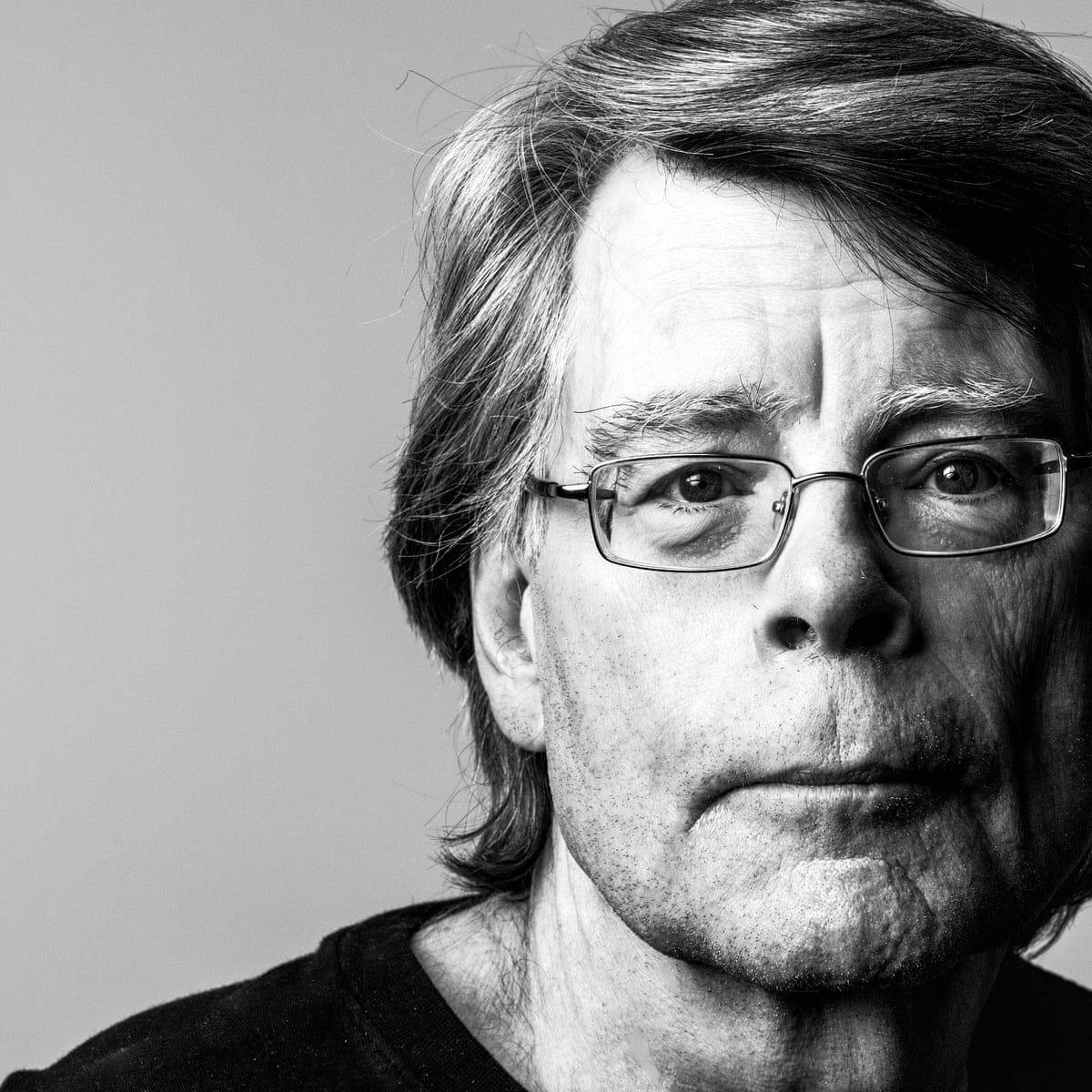Why Do I Write
Writing I guess came kind of naturally to me starting at an early age. Maybe at about six or seven was when I was penning short stories and screenplays—all either adventure or horror; some of them crime stories. As long as the subject I wrote about kept me interested and held my attention, otherwise I’d lose steam and abandon it.
Doesn’t mean that I always did this. Some projects I noodled with way longer than I should’ve, and there have been some that should’ve been worked on more—the former being the case a lot more frequently than the latter.
The spontaneity of creating before it gets dilluted by too much thought is the juice to me. It’s what makes it satisfying and it took decades for me to really understand it. I’ve read of Taoist painters and calligraphers that, after a period of meditation, create works where nothing is considered a “mistake” when it’s completed. The idea being that in nature there are no mistakes.
For me, I always struggled with how to write. How to use my own voice.
When I was a reporter for Bay Area News Group in the early 2000s I was once chastised by a senior editor for writing above people’s heads.
“You need to write at a third grade reading level,” he sternly said with a twist of annoyance beneath the words—and being a 21-year-old who thought he knew everything, my initial reaction was that he was an asshole and people not being able to read my shit was their problem. Afterall, I was a writer. I was also arrogant. While my mentality at the time might’ve invited some respect from true believers who would see it as “passion” for the craft, the method itself wasn’t going to sell a lot of newspapers. Putting myself above them, I found that it alienated people too.
So decades would inevitably tick by; my audience—my readers—were ever the elusive and I was working myself into a void. A wasteland bereft of readership, of interest of any kind. It was like talking to the dark. So I gave it up.
Call it burn out. That would be the simplest description for sure, but I mean there was a lot more to it. Overall the fact that whatever I wrote didn’t want to be read by anyone made me not want to do it. Period. End of story. For some the outlet is enough; for me I always loved the audience, the reader responses. I just wasn’t very good at collaborating. And I was left with that burning question as to why no one wanted to read my work.
What I came up with was writing should be conversational, while staying away from an over-reliance on slang, which will date your work. It helps that your prose hues close to the way that you speak, which my writing had not been.
Having been a fan of Edgar Allen Poe and James Agee, I loved their poetic prose, the lyrical nature of it; I loved the music their sentences made—even when I couldn’t figure out what the fuck they were talking about.
And I tried to emulate it, to varying degrees of success. The “problem” is I am not either of those writers nor do I live in the 1860s and 1950s. Another one of my favorite writers is Stephen King.
One of the most liberating things about his writing is the conversational quality to it—and how funny he is, especially with his descriptions—quite the accomplishment given the sick shit he writes about a lot of the time.
It was refreshing, reinvigorating; the horror meister gave me permission to write like I talk, that that was ok, and it made things feel more genuine and easy, because it’s me being myself. I’m not sure if I’ve achieved it. Hopefully so. I can’t tell you if more people will read my work. But it is that connection—that synchronistic quality that writing has a way of producing when it’s given license to enter the theater of a reader’s mind, that private place the engine of imagination projects pictures with your words—that I hope rings through too. And that I don’t alienate people. At the end of the day, conversational is relatable. And it’s something we can all be a part of.
So why do you write, dear reader? What compels you? Or why do you not write?




💜